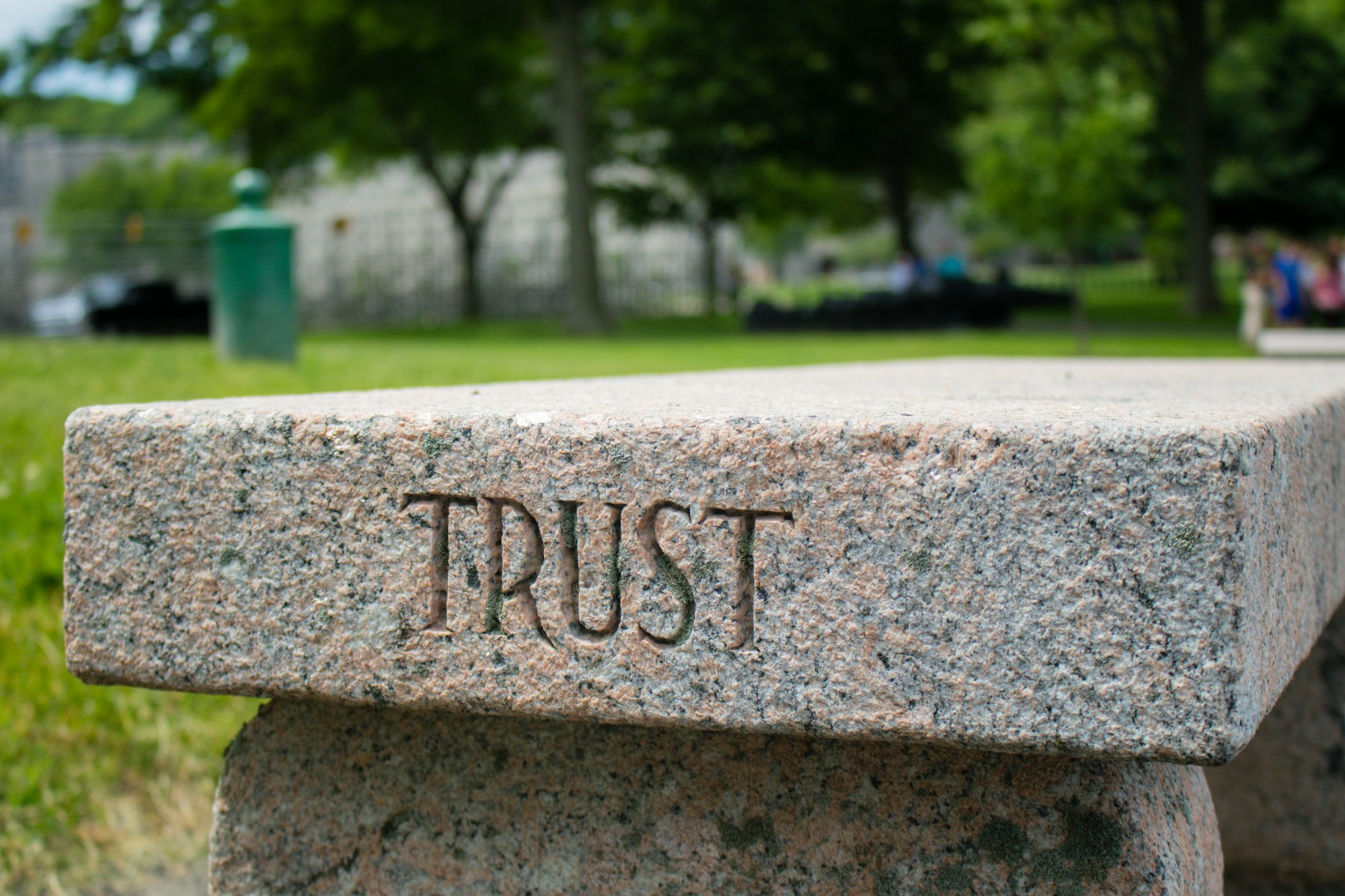This is how the true value of a company will be measured in the future
There is a list of companies in South Africa that I will never consider doing any work for.

There is a list of companies in South Africa that I will never consider doing any work for.
The reasons are numerous, personal, and have been formed over the years because of my experience in dealing with them.
Even if the fee they dangled in front of me was a an outrageous amount - I would politely decline their offer. Because I know that my involvement would result in them becoming even more successful and profitable, which just wouldn't fit into my own worldview of what would be good for the world in the long-term. I just wouldn't want to be a part of it.
And I am not unique.
Increasingly I suspect, people are actively modifying their behaviour to either support or reject an organisation based on the amount of social capital that a company has either accumulated, or failed to capture over the years.
Social capital is more than just brand reputation.
It is the cumulative value that an organisation creates for society at large, as a result of its particular behaviour and ethical track record.
It's an organisation's traceable environmental footprint, its record of equitable tax contributions, its reputation for not actively employing dubious methods to enhance its profitability.
It's how it treats its employees, suppliers and business partners in times of crisis.
Social capital is how transparent and honest it is in how it communicates, it lies in the style of the internal culture that it actively promotes.
Social capital is an index of trust. And trust is quickly becoming the most valuable asset to grow if an organisation is serious about its long-term sustainability.
Highly-successful companies in the future will be those that people dream about one day work for.
The best companies of tomorrow will be those that people feel proud to be associated with.
Right now - social capital is not a figure which is listed in any company's annual report, but in a world vacant of a ready supply of trust; there is no better indicator of long-term organisational viability.
Shareholders of Steinhoff would be furiously nodding their heads at this statement; so too those who at one stage dreamed of working for McKinsey
We might measure success currently with figures representing currency, but this short-term view is a poor indicator of a true long-term costs a private entity burdens the public with as a result of their one-sided commercial intent.
The public will demand it from us all.

